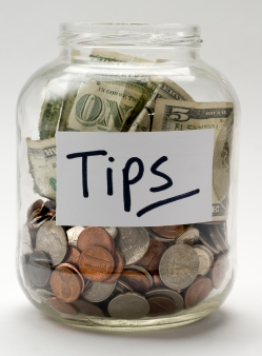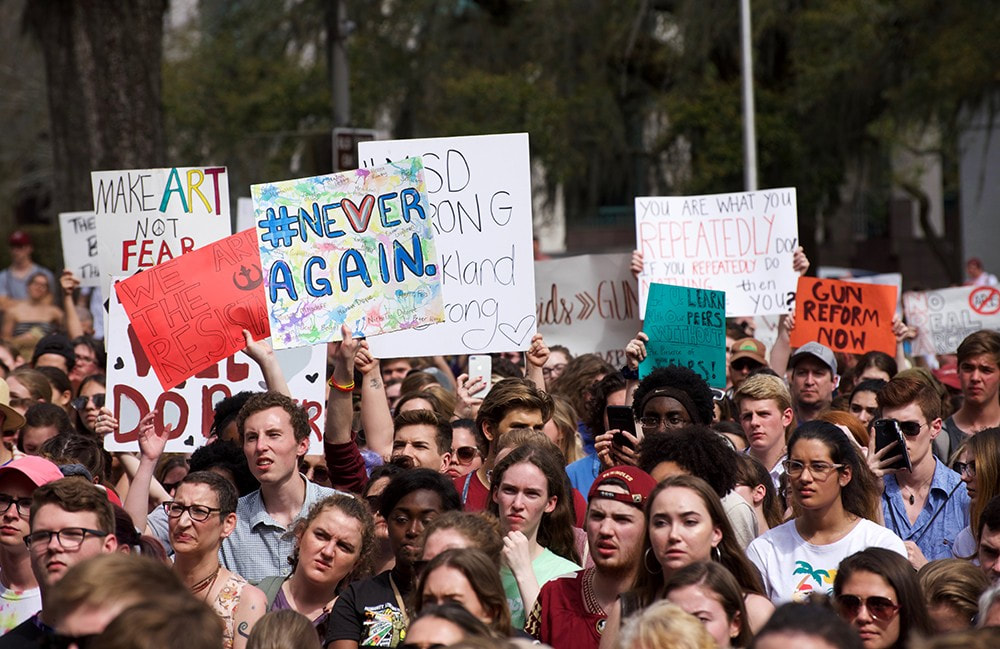 Millennials have been described as stingy tippers, perhaps a cliché by now, yet I’ve seen first-hand young professional, pen in hand, look at the tipping line on the credit card receipt as an affront. I’ve seen a tab for $86 graced with a $2 gratuity, and one for over $100 with the words “no way” scribbled across the tipping line. “It’s like an extra tax,” I’ve heard diners say. My daughter once worked at a Washington DC taco and burger joint where almost a third of the customers left no tip. Whether parsimonious diners are reacting to bad food, bad service, are just cheap, think tipping is charity, or feel they have dropped enough coin for a meal and it’s the restaurants that should pay their servers a living wage….I have no idea. Maybe it’s all of the above, and more. I would love to see a consumer survey.
0 Comments
In a world where one news story, no matter how wrenching, risks being eclipsed quickly by another tragic event, the story of Parkland, Florida has stayed with me. Like, every day. It grabs my heart even more than Columbine, Sandy Hook, Virginia Tech, or dozens of other school killings. It’s hard emotionally to get beyond the slaughter of innocents, or the mental illness of their killers, but the survivors of Parkland found a collective voice to challenge a dark pattern of history, proclaiming “#Never Again.” They have an ambitious agenda now of lobbying legislatures, pursuing social media, and broadening their coalition. I’m rooting for them with every step.
|
MRF BlogMichael's thoughts on writing, politics and everything in between. Archives
November 2023
Categories
All
|
|
Michael R. French graduated from Stanford University where he was an English major, focusing on creative writing, and studied under Wallace Stegner. He received a Master's degree in journalism from Northwestern University. He later served in the United States Army before marrying Patricia Goodkind, an educator and entrepreneur, and starting a family.
|

